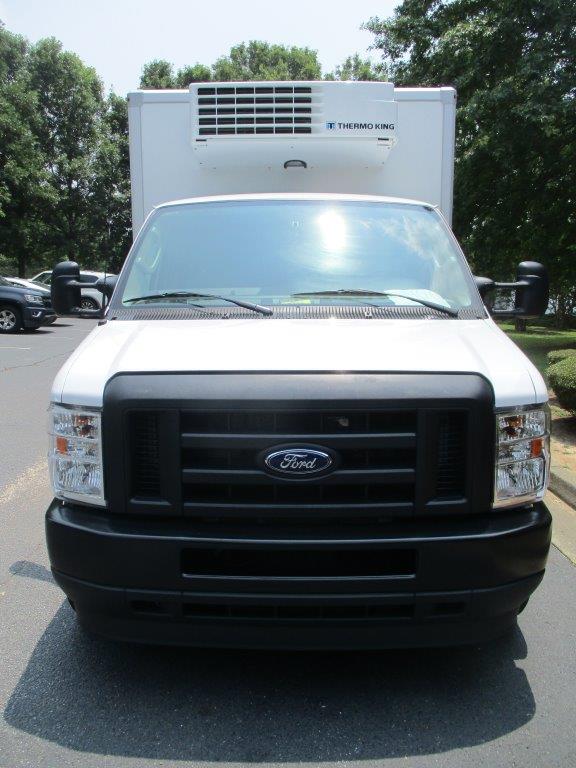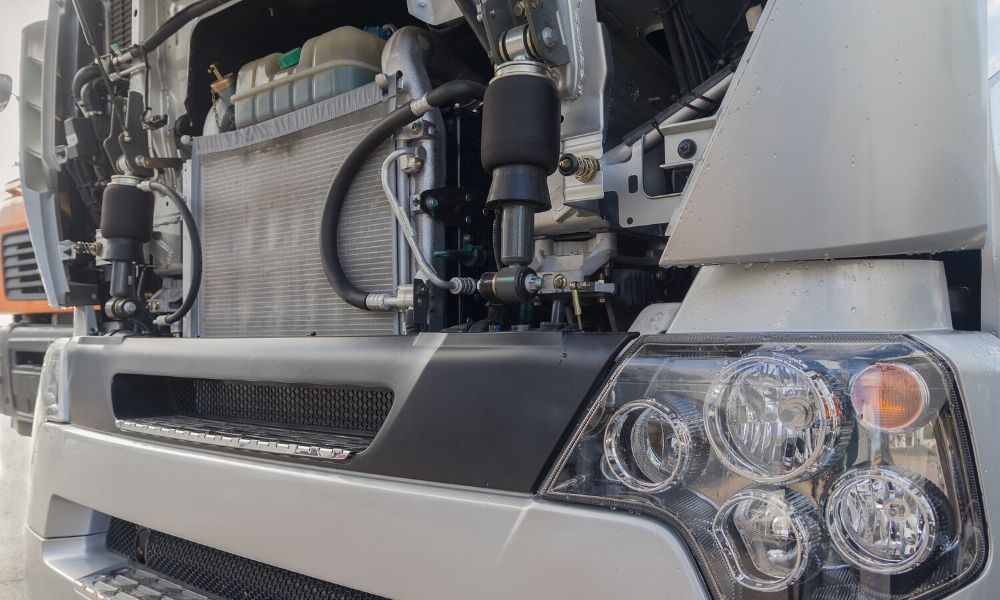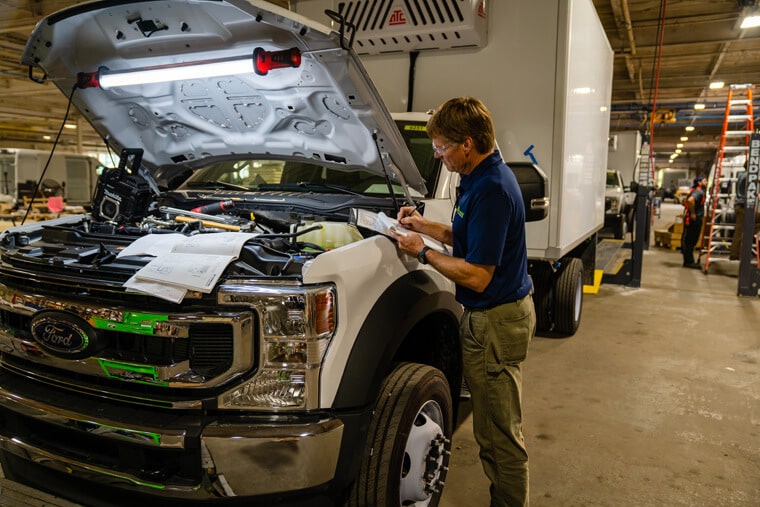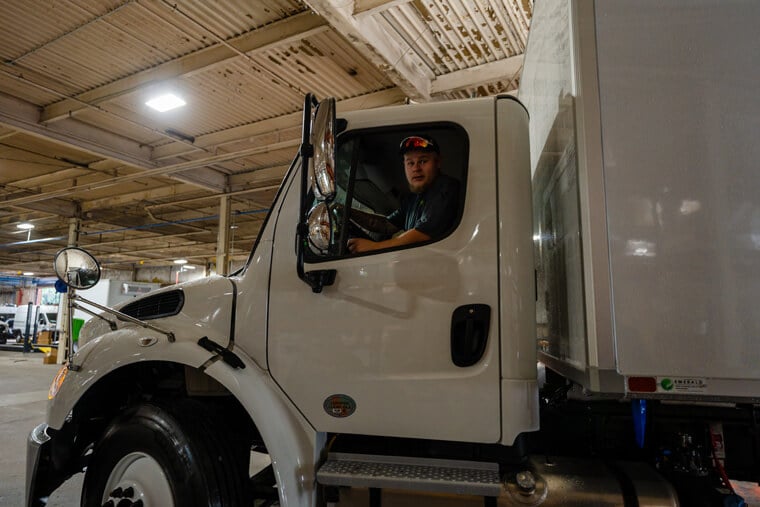
What is the Difference Between a Refrigerated Truck and a Freezer Truck?
Joe Dickman | May 1st, 2024
In temperature-controlled transportation, understanding the distinction between a refrigerated truck and a freezer truck is crucial. This knowledge ensures that the correct type of vehicle is used for the specific needs of the goods being transported. Both play vital roles in different industries and serve distinct purposes.
The Refrigerated Truck:
A refrigerated truck, commonly known as a reefer, is designed to maintain a specific temperature above freezing point. It’s ideal for fresh produce, dairy products, and pharmaceuticals that must be kept cool but not frozen. These trucks have a refrigeration unit that controls the internal temperature, preventing spoilage and ensuring the goods remain fresh during transit.
The Freezer Truck:
On the other hand, a freezer truck is designed to keep its contents at sub-zero temperatures. When you see a freezer truck for sale, think of it as a moving freezer. It’s perfect for transporting frozen goods like ice cream, frozen vegetables, and meats that require a constant deep freeze environment. The cooling systems in these trucks are more potent than those in refrigerated trucks, as they need to maintain much lower temperatures.
Key Differences:
Temperature Range:
- Refrigerated Truck: Maintains above 0°C (32°F), typically up to 4°C (39°F).
- Freezer Truck: Keeps temperatures well below 0°C, often around -18°C (0°F).
Usage:
- Refrigerated Truck: Best for fresh produce, dairy, flowers, and medicines.
- Freezer Truck: Ideal for frozen foods like meat, seafood, ice cream, and frozen vegetables.
Insulation and Refrigeration:
- Both types of trucks have heavy insulation, but freezer trucks have more robust refrigeration units to achieve and maintain lower temperatures.
Your Ideal Cold Transport Solution:
Whether you’re looking for a refrigerated truck or a freezer van for sale, Emerald Transportation Solutions offers an extensive range to meet your specific requirements. Our expertise and commitment to quality ensure that you get the right vehicle for your needs. We have everything you might need, from ready-to-order vehicles to customizable vans and trucks for your next transport project. For more information on what we offer, contact us today!
Related Articles
Contact Us
Feel Free To Contact Us If You Have Any Questions
What does under DOT mean?
Questions regarding DOT requirements come up often. 10,000 lbs GVW (gross vehicle weight) and over are commercial vehicles that fall under the Department of Transportation regulatory requirements.
What is the difference between GVW and payload?
GVW or Gross Vehicle Weight is the entire weight of the vehicle including the payload. The payload weight represents the amount of cargo you are hauling.
What is a self-powered unit and a vehicle-powered unit?
A self-powered unit has its own fuel source and will run independent of the truck. This is the heaviest and most expensive option. While vehicle-powered units run off the engine via a compressor mounted on the engine. These are less expensive and lighter in weight but you must run the truck or plug the electric standby into shore power.
What does K-factor mean and why is that important?
K-factor is a term that stands for the overall insulating value of the container (truck body). Quite simply the lower the K-factor the better the truck body will be able to maintain a given temperature and require less energy to do so.
How much lighter is a Poly Van vs a US spec body?
Poly Van bodies are very light. On average we estimate we are 75-150 lbs per foot lighter than a traditional sheet and post foamed in place body. These weight savings translates to less fuel burn and less CO2 emissions, along with added payload, the most important benefit.






